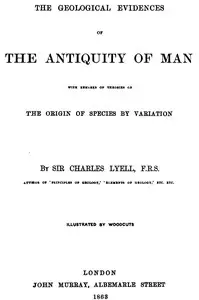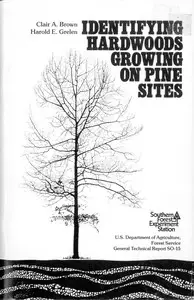"The Student's Elements of Geology" by Charles Lyell is a late 19th-century science book designed to teach the basics of geology. It explains the structure of the Earth’s crust, how it formed, and sorts different kinds of rocks and fossils. The book likely discusses how the Earth changes over long periods of time and why those changes are important for understanding Earth’s history. The book begins by explaining how geologists organize their knowledge, focusing on the origins and ages of rocks. Lyell says that rocks can be sorted into four main groups: aqueous, volcanic, plutonic, and metamorphic. Each group is formed differently and has different properties. Understanding these rocks helps us learn about Earth's past and how life has changed over time.

The Student's Elements of Geology
By Charles Lyell
Journey through the Earth's layers to uncover the secrets hidden within rocks and fossils, revealing a planet shaped by time and immense forces.
Summary
About the AuthorSir Charles Lyell, 1st Baronet, was a Scottish geologist who demonstrated the power of known natural causes in explaining the earth's history. He is best known today for his association with Charles Darwin and as the author of Principles of Geology (1830–33), which presented to a wide public audience the idea that the earth was shaped by the same natural processes still in operation today, operating at similar intensities. The philosopher William Whewell dubbed this gradualistic view "uniformitarianism" and contrasted it with catastrophism, which had been championed by Georges Cuvier and was better accepted in Europe. The combination of evidence and eloquence in Principles convinced a wide range of readers of the significance of "deep time" for understanding the earth and environment.
Sir Charles Lyell, 1st Baronet, was a Scottish geologist who demonstrated the power of known natural causes in explaining the earth's history. He is best known today for his association with Charles Darwin and as the author of Principles of Geology (1830–33), which presented to a wide public audience the idea that the earth was shaped by the same natural processes still in operation today, operating at similar intensities. The philosopher William Whewell dubbed this gradualistic view "uniformitarianism" and contrasted it with catastrophism, which had been championed by Georges Cuvier and was better accepted in Europe. The combination of evidence and eloquence in Principles convinced a wide range of readers of the significance of "deep time" for understanding the earth and environment.















